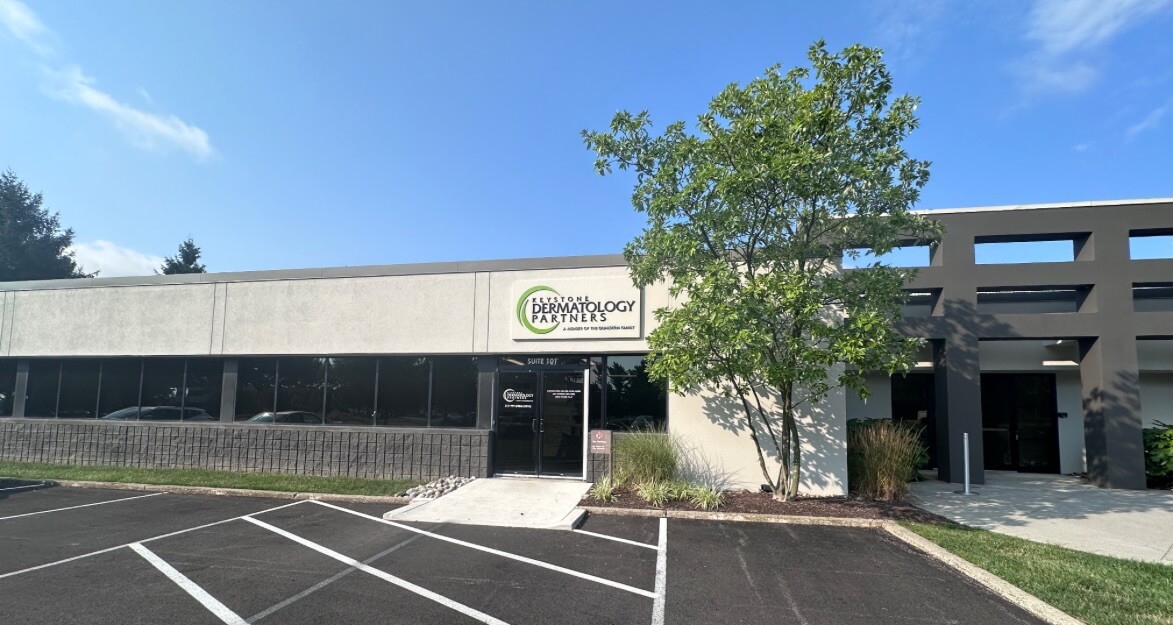Molluscum
Understanding Molluscum Contagiosum: Symptoms, Transmission, and Treatment
Molluscum contagiosum is a viral skin condition characterized by smooth, pearly, flesh-colored bumps with a central crater. These small, painless growths can be as large as a pencil eraser and may cause itching, with the surrounding skin sometimes becoming infected. The bumps typically last from two weeks to a year and a half and can resolve on their own. However, molluscum is highly contagious and can spread through direct skin-to-skin contact or by touching contaminated objects.
At Keystone Dermatology Partners, our skilled team is experienced in treating molluscum contagiosum, which often appears on the face, neck, arms, and genital areas. If you are dealing with these lesions, our providers offer specialized care and effective treatments to manage and eliminate molluscum contagiosum. Schedule an appointment with Keystone Dermatology Partners for a comprehensive evaluation and a personalized treatment plan to prevent further spread and promote healthy skin.
Examples of Molluscum
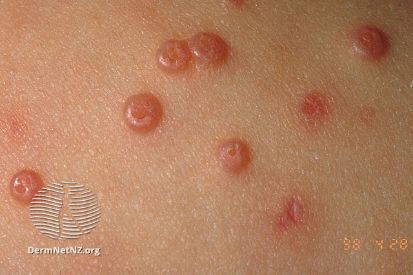
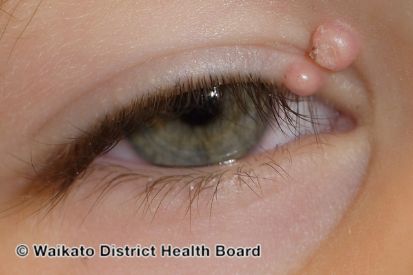
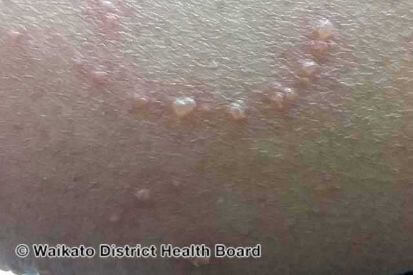
Who Is Susceptible to Molluscum?
- Children
- A person with lowered immune system
- People who live in a tropical climate
- Virus thrives in warm and humid conditions
Common Ways to Spread Molluscum:
- Wrestling
- Gymnastics
- Sharing clothing, towels, or athletic equipment
- Sexual activity
- Picking and scratching the lesions
What To Expect From Molluscum Contagiosum:
The virus usually first appears as small pink or flesh-colored dome-shaped bumps that typically have a dimple in the center. They may be filled with a thick white cheesy or waxy substance. Although the bumps are usually painless, they can itch and turn red. Lesions most commonly appear on the face, neck, arms, hands, armpits, abdomen, genitals, or inner thighs.
Molluscum Contagiosum FAQs:
Your dermatologist can usually identify molluscum contagiosum by looking at the characteristic bumps. In some cases, they might take a tiny sample for a closer look.
It's best to consult your dermatologist for personalized advice. Over-the-counter products might not be the best solution, and your dermatologist can recommend the most effective and safe treatments.
Yes, they can. Molluscum bumps are contagious and may spread to other areas of your skin if you scratch or touch them.
In most cases, individuals with molluscum can continue with their regular activities, including attending school or work. However, it's crucial to avoid sharing personal items and practice good hygiene.
In many cases, molluscum lesions do not leave permanent scars. However, scratching or picking at the bumps can increase the risk of scarring.
Treatment Options for Molluscum Contagiosum:
These include:
- Cryosurgery: The bumps are frozen off with liquid nitrogen.
- Curettage: The bumps are scraped from the skin using a tool called a curette
- Topical Therapy: Various acids and blistering solutions are applied to destroy the bumps
- Topical retinoid creams
- Topical anti-viral creams
Featured Blogs
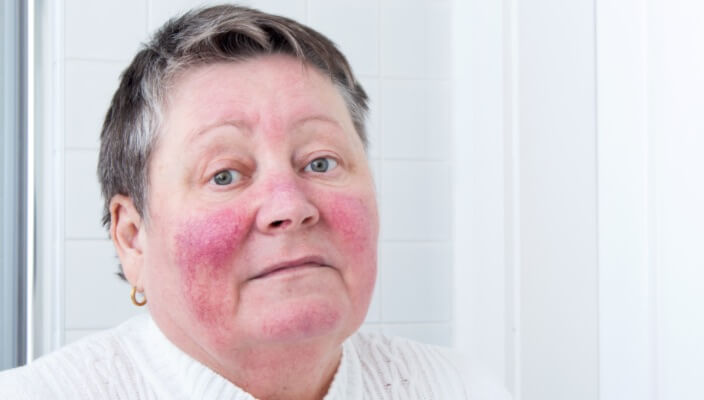
- General Dermatology
- Skin Care
Rosacea is a common skin condition characterized by facial redness and pimples. A recent study suggests that drinking caffeinated coffee may reduce the risk of developing rosacea, highlighting a potential benefit of coffee consumption.
Read More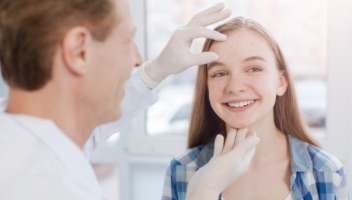
- General Dermatology
- Chronic Skin Conditions
Discover how a dermatologist father identified and managed molluscum contagiosum, a common and benign skin infection, after noticing skin-colored bumps on his son.
Read More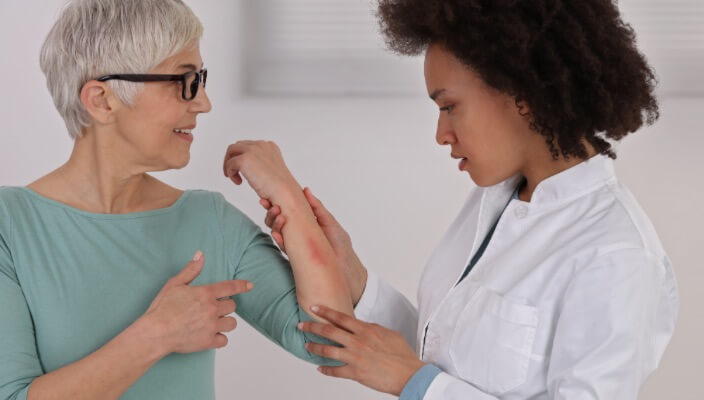
- General Dermatology
Almost everyone experiences itchy skin at some point. Read this blog to learn how a dermatologist can help.
Read More
